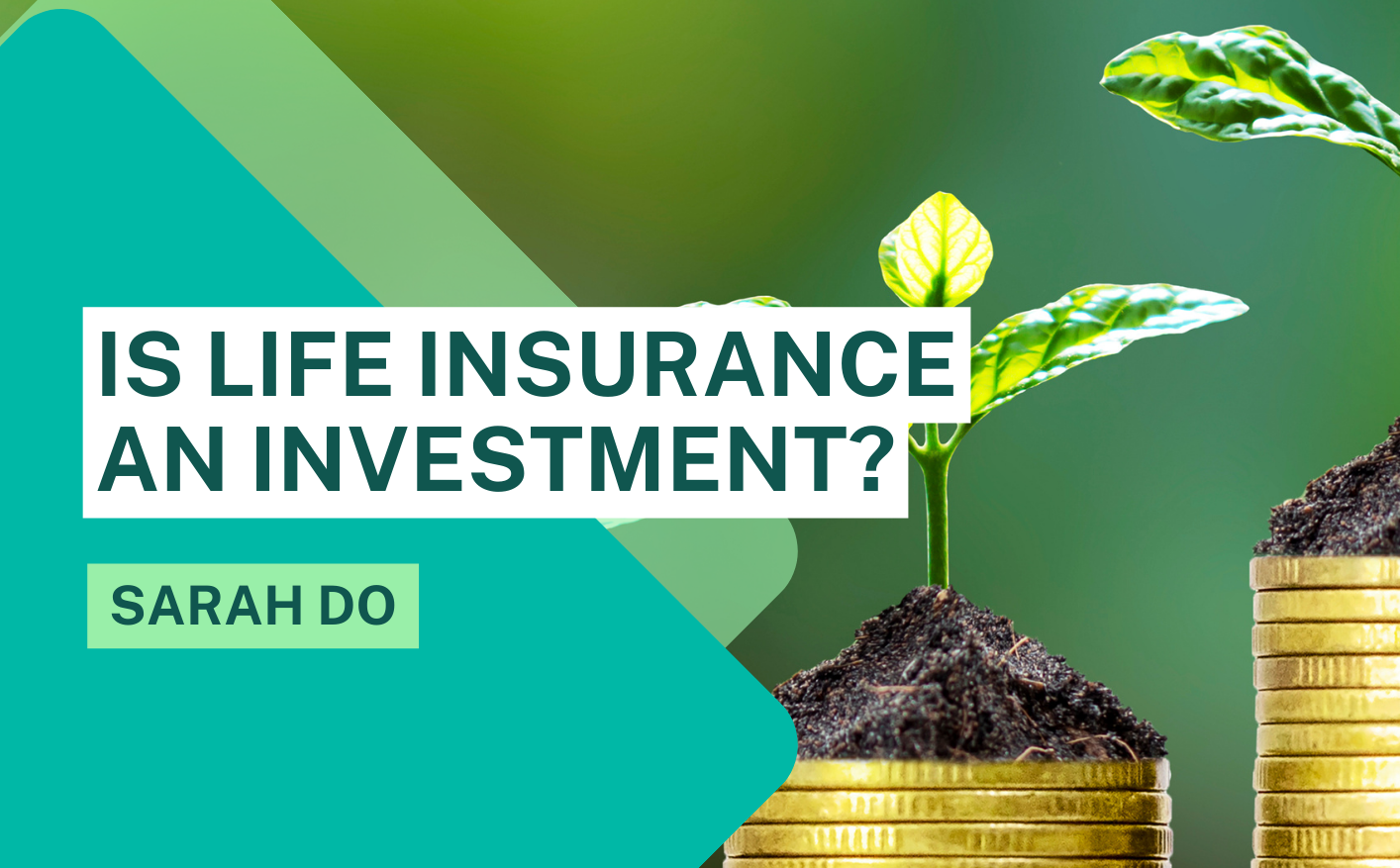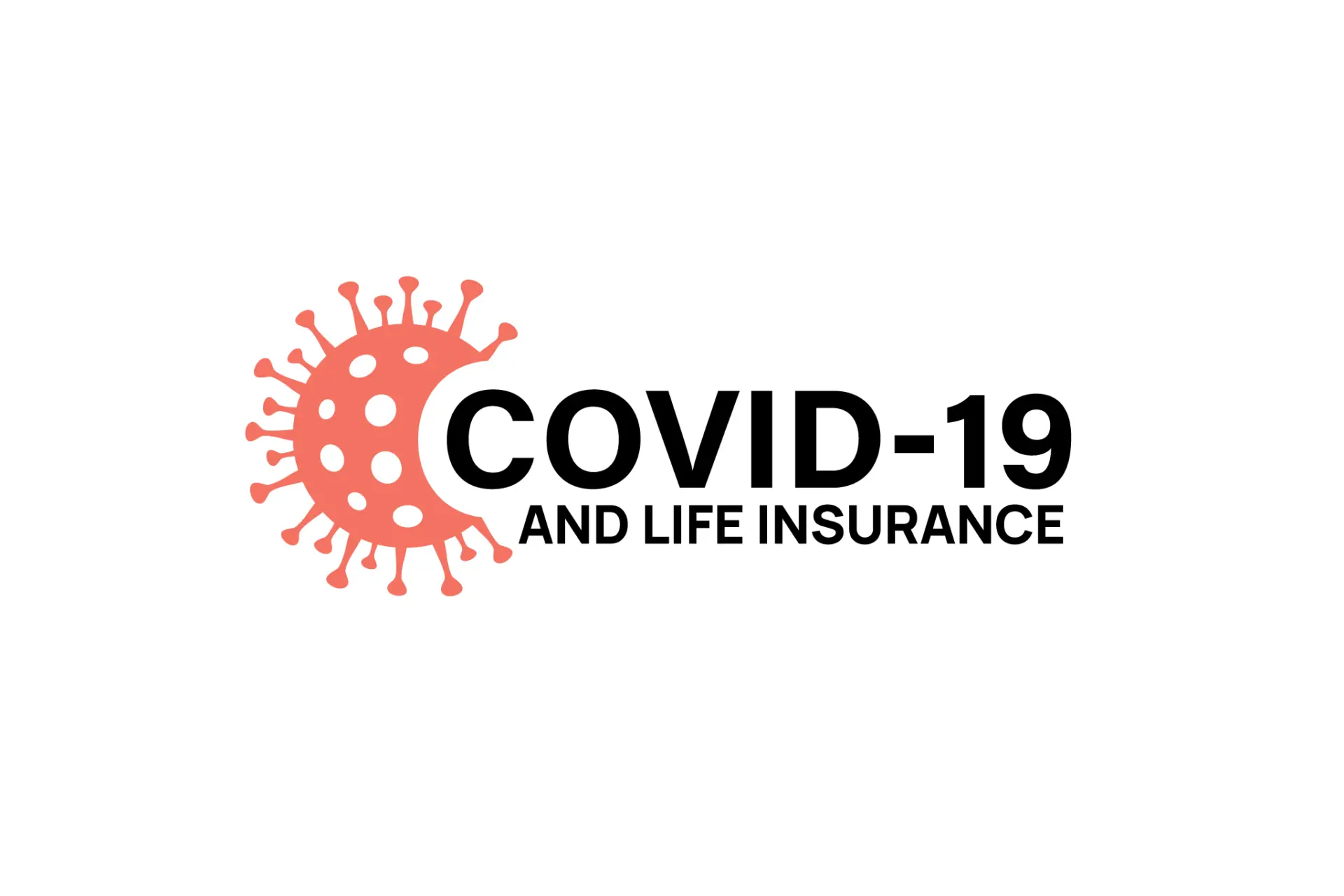The other day, I accidentally saw 1 interesting post of a colleague working in the insurance and investment industry. This is a pretty good issue that I want to dig deeper, because your article is quite brief, so there are many things that are only mentioned on the surface, which can make the reader misoriented.
Is life insurance an investment?
To answer this question, I would like to return to the definition of investing. In short, investment is the use of a principal amount in a certain activity or project with the expectation of generating financial profits in the future. So, is buying insurance an investment or not?

Yes and no. This answer will depend on the product you choose to buy. If only in terms of profits while you are alive, term insurance is not an investment, while permanent insurance CAN be an investment. Because if in case you do not lose, you can still use the cash value of the insurance policy, which can be “profit” or “loss” depending on how long you use this money. Why do I use the word “maybe”? Because permanent insurance will also be divided into many different types that perhaps in this article I cannot explain all.
Should insurance be considered a form of investment?
From my personal point of view, NO. Because viewing insurance as a form of investment will distort your thinking. I also extremely limit the use of the word “investment” when consulting products for customers. Because if you look at life insurance as a form of investment, you will deceive yourself and will likely be disappointed in many cases. Why?
1. When considering the return on investment, you need to consider inflation.
If you have ever been consulted on life insurance products, you have probably seen huge figures on the cash value of insurance policies after 50-60 years, does this number make you surprise? Let’s say with a 20-year Whole Life policy, $100 per month, well, after 50 years I have $45,000, while the total 20-year premium is only about $26,000. Is that a profit? No! THAT’S THE LOSS. So let’s say there’s 2% inflation, if you only keep money in the bank for 20 years, and keep that money in the next 30 years, at 2% a year to fight inflation, then after 50 years you’ll have $53,563.77. Not to mention that if you use this money to invest in other types of investment with higher interest rates, the difference will be even more. So you should think of life insurance simply as INSURANCE, protecting you financially in case of risks, so that you do not have too many expectations and “conceptual swapping” yourself. Otherwise, you should only consider life insurance as a SAVINGS instead of an “investment”.

2. Assuming life insurance is an investment, is it a good investment? First, why caninsurance be considered as a form of investment? As mentioned above, whether life insurance is considered an investment or not, will also depend on the type of insurance product. There is a “Participating Whole Life” product, which can be considered a form of investment, because each year the insurance company pays the policyholder a portion of the interest rate called dividend. The percentage of dividend will vary depending on the insurance company’s investment results, each company is different, each year is different. Currently, the dividend rate fluctuates around 4-6% per year. However, whether this dividend will be paid in cash or used for other purposes of the policy, it will affect different premiums and death benefits. Secondly, Is insurance a good investment? Yes and no. Insurance can be considered a good investment, if you properly assess your and your family’s current financial situation, as well as understand your investment ability. Everyone should have life insurance! I affirm this, because this is a matter of risk management. However, there should be different types in each person both in terms of financial and investment capacity. Considering whether to leverage life insurance as an investment, will have to answer a lot of questions, one of which includes:
– Is your income enough for you to “invest” in insurance? Because if you choose permanent insurance of an investment nature, the monthly fee will be quite high, and this financial commitment will usually last 20-30 years.
– Have you maximized your idle money in other forms of investment that are taxably beneficial? For example: RRSP, RESP, TFSA.. etc…
– To what extent is your investment knowledge?
It can be said that if you do not have much knowledge in terms of investment, then insurance can be a good choice. Because simply, in any way, you need a life insurance, if compared to choosing to invest in mutual funds at banks with interest rates of about 4-5%, with the risk of loss, it is probably better for you to buy insurance, both insured for risks and with interest rates of the same range. If you (like me), are very knowledgeable about finance and investing, you will need to consider other options. For example, instead of putting $100 a month into permanent insurance, I put it into an S&P or Nasdaq ETF, so that for 30-50 years, the average return is 10% / year. Then I only spend about $20/month on term insurance to get the maximum coverage. So I have both insurance and money arising from investments while I am alive? However, this example of mine is only at the level of simplification. For a deeper discussion, it is necessary to consider a lot of other related issues such as taxes, subsidies, home purchase plans, financial risk management plans, other medium & long-term financial plans….

Invest $100/month at 10% interest for 20 years?
Here, try the calculation of investing $ 100 / month, the average return is 10% in 20 years. Rich yet! 😃 In fact, the power of “investing” in insurance is simply a COMMITMENT to saving a fixed amount over a long period of time. That’s the power of compound interest, so there’s no need to take life insurance to the next level as an “investment.”
So in a nutshell, should I buy insurance or not?
Er. If you ask me this question, it’s like asking the barber if I should get a haircut. 😃 Of course, in terms of risk management, everyone needs insurance. The essence of insurance is simply to divide the risk evenly among a group of people. Often I often ask customers q very simple question when considering whether to buy insurance or not: “Suppose you spend $2 every day to buy safety for your family, to make sure that if you die, your wife and children do not have to sell their house, your children do not have to worry about whether they will pay for college or not. Do you accept it or not?” Once again, I would like to conclude this article: The essence of insurance is still insurance. Don’t try to swap the concept.. Don’t try to swap concepts.
Sarah Do,
Licensed Trave, Health & Life Insurance Advisor.





